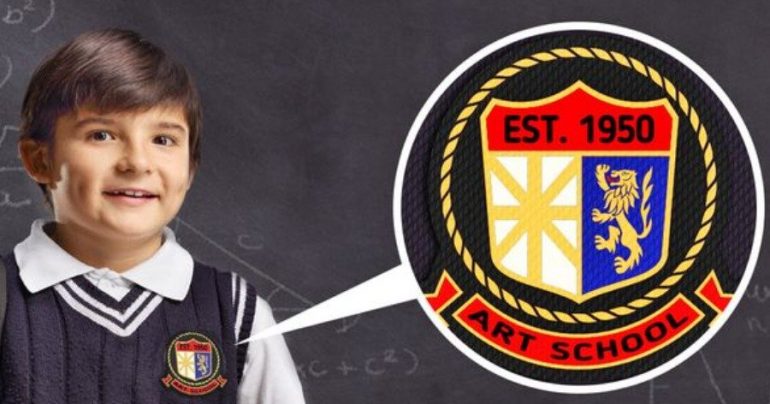The era of social media has created many new phenomena, and one of them is known as sharenting. The Share Things is a practice in which parents seem to overuse social media when sharing their child's photos and news with the rest of the world. While parents may have good intentions when they do, posting some pictures by children on social media can put them at risk.
Through this article, we would like to inform you about 6 types of photos of children that parents should avoid posting on their various social media.
School photos that can give information about where your child is studying
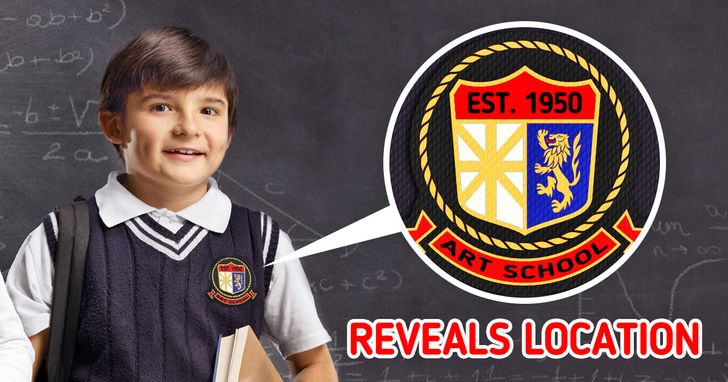
Images returning to school may seem innocent, but they are not. Photos that show your child wearing school uniform can attract predators who can recognize your child going to school just by looking at the photo. A uniform is not the only dangerous thing about posting school photos. Even a few details in the background of the photo, such as the school building or a sports club logo, can reveal enough information about your child's location to put them at risk.
Photos with name tags from children on social media
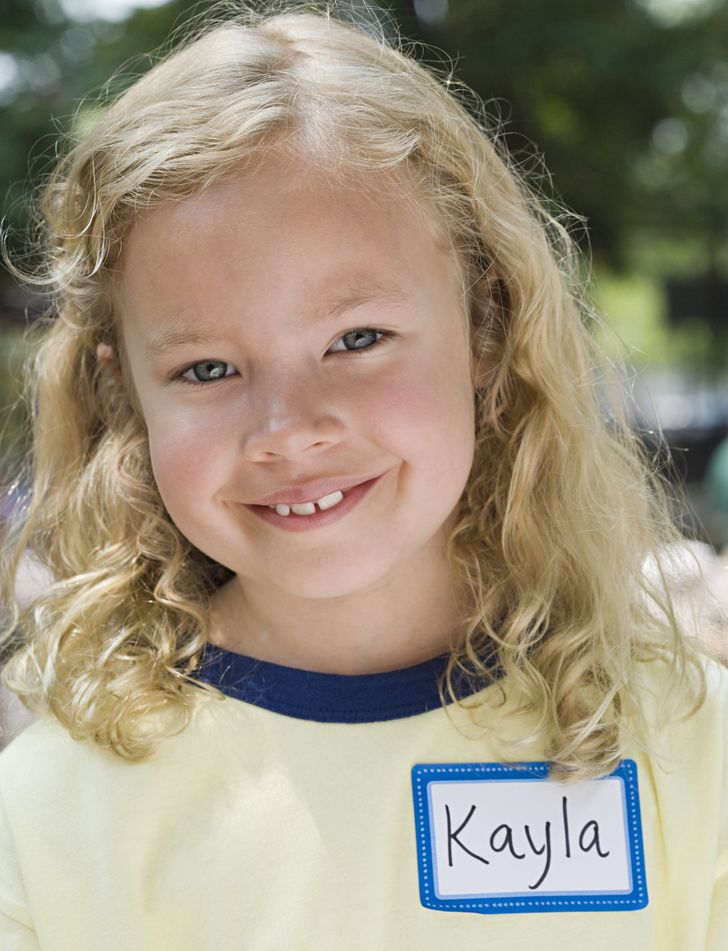
Images that show your child with a name tag are another type of photo that can reveal their identity. If you still want to post such a picture, be sure to blur the name on the tag and those on other children in the picture.
Images with geographical references and locations with children on social media
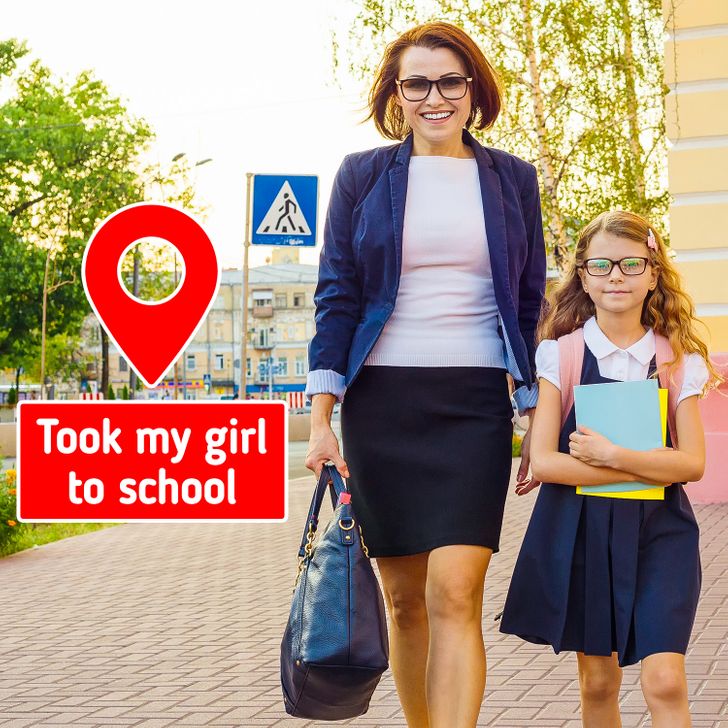
If you enjoy making frequent updates on your family life on social media, it is best to make sure that the platforms you use for posting pictures do not reveal the metadata of your photos. Metadata or EXIF data contains information about when and where your image was taken and can be used to locate your child. You can also choose to turn off geotagging and metadata for all your photos.
It's also a good idea to check your privacy settings on social media accounts and make sure you only share your kids' photos with people you trust.
Photos that expose your child's body
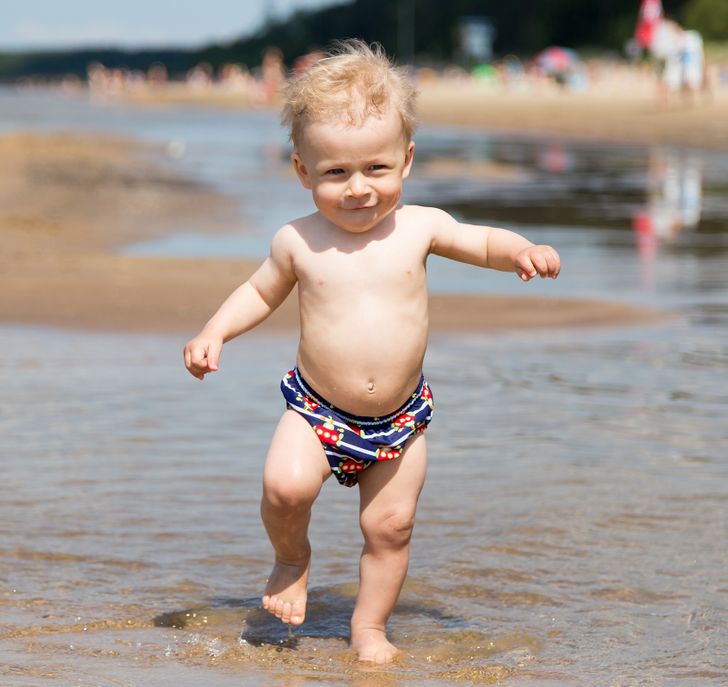
Once we upload an image to the Internet, we no longer have full control over it and we do not know who can view, copy or share that image. Posting photos of your child's naked or partially covered body can attract internet predators and these photos can also make your kids feel awkward when they grow up and see them posted online.
Images showing anger or misbehavior by children on social media
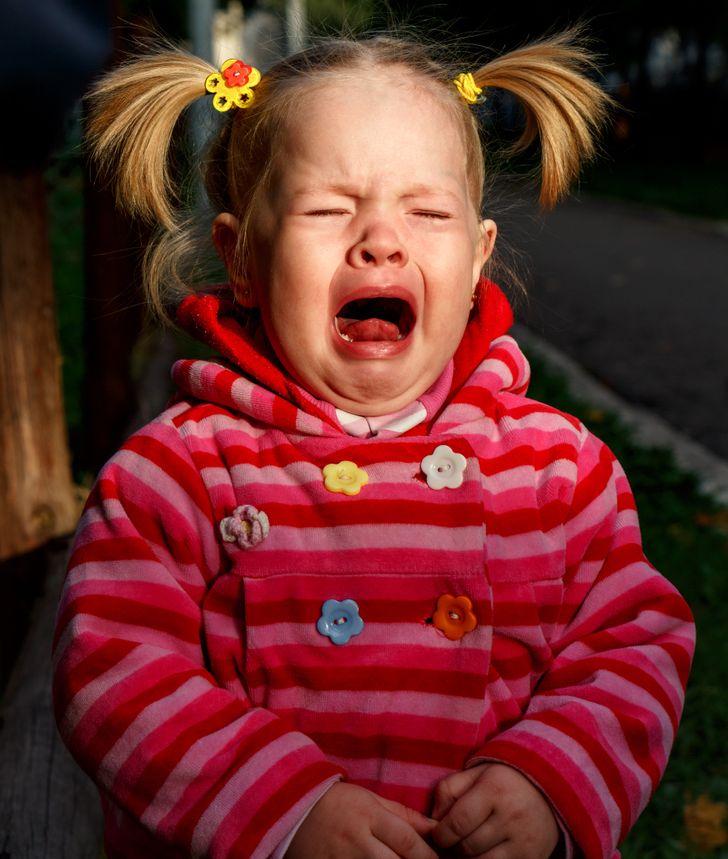
Another type of photography that can make your child feel embarrassed and frustrated when they see it online are photos that show their misbehavior or other moments of weakness. Even if the reason for your child's suffering seems funny enough to share, remember that for your child, it can be a real tragedy right now and their feelings should not be ridiculed.
Photos shown by other children on social media
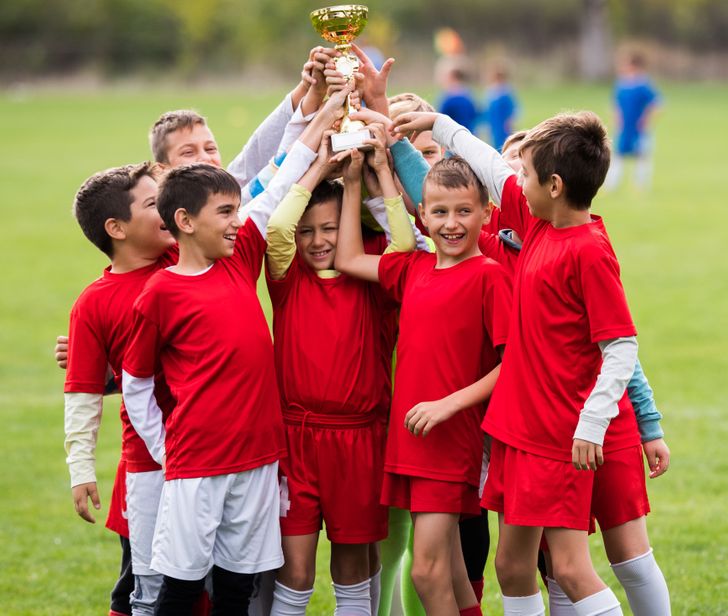
While trying to protect your children's identity online, do not forget the safety of other children. Do not post pictures of other children and if you do, blur their faces and any other details that may reveal their identity or location.
Police in Surrey, England have set up a brief video with basic instructions on how to take a "safe" photo of your child, and here are some tips to keep in mind:
- Pruning of school buildings and playgrounds.
- Cover your children's names on school bags and name tags.
- Do not show other children's faces in your photos.
Do you post your kids on social media too often? What is your personal list of things you should and should not share about your children's photos and information?
via
